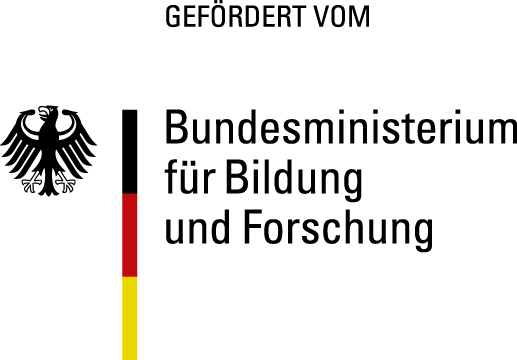Mechanoresponsive materials are a topic of intense research across numerous disciplines. In biology, research on biogenic materials has revealed crucial links between specific protein building blocks and dynamic mechanical behaviors, while studies of biological tissues have identified sophisticated mechanotranduction mechanisms in cells for sensing their environment. Along similar lines, chemists and materials scientists are developing high-performance materials that exhibit specific programmed responses to mechanical stimuli (e.g. self-reporting and self-healing). Common to these diverse lines of research is a primary drive to understand dynamic responses of complex molecules to mechanical stimuli.
Motivated by this shared goal, this multidisciplinary conference will unite scientists from Biology, Chemistry, Physics and Materials Science, spanning multiple length scales and bridging gaps between experiment and simulation. The central topics of the meeting include, but are not limited to:
• synthetic small molecule mechanophores
• natural biological force sensors and sacrificial bonds
• synthetic force sensors for cell biology applications
• simulations and mechanisms of mechanophores and force sensors
• techniques for measuring forces
• physical models for understanding biomaterials
• mechanosensitive synthetic materials
• mechanosensitive biomaterials/biomimetic materials
The program will consist of invited and contributed talks and an extended poster session to provide opportunities for interacting with scientists from other disciplines. Young scientists are especially encouraged to attend. The organizers expect a lively meeting that will highlight the current state of research, as well as inspire further developments and collaborations.
Invited Speakers
Anna Balazs, University of Pittsburgh, USA
Stephen Craig, Duke University, USA
Moumita Das, Rochester Institute of Technology, USA
Nancy Forde, Simon Fraser University, Canada
Carsten Grashoff, Max Planck Institute of Biochemistry, Martinsried, Germany
Frauke Gräter, Heidelberg Institute for Theoretical Studies, Germany
Niels Holten-Andersen, Massachusetts Institute of Technology, USA
Dong Soo Hwang, Pohang University of Science and Technology, Korea
Sinan Keten, Northwestern University, Evanston, USA
Deborah Leckband, University of Illinois, USA
Hongbin Li, University of British Columbia, Canada
Ali Miserez, NTU Singapore
Michael Schlierf, Technical University Dresden, Germany
Rint Sijbesma, Eindhoven University of Technology, Netherlands
Britta Trappmann, Max Planck Institute for Molecular Biomedicine, Münster, Germany
Viola Vogel, ETH Zurich, Switzerland
Sybrand van der Zwaag, Delft University of Technology, Netherlands



